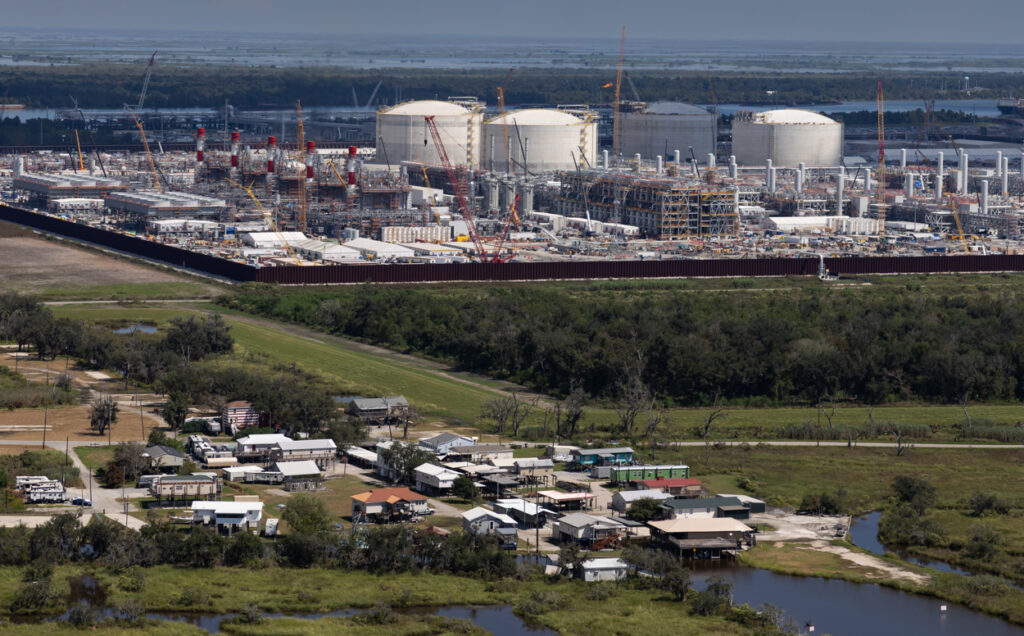In May of 2016, six months before the U.S. presidential election, then-candidate Donald Trump said that he would “cancel” the United States’ involvement in the Paris climate accord. Immediately following his election, however, Trump appeared to back-track slightly, saying he had “an open mind” about the agreement. And just this week, his administration canceled a much-hyped meeting to discuss the deal’s future in the U.S.
The back and forth from the administration likely stems from the fact that officials within it are split, with people like senior adviser Stephen Bannon and Environmental Protection Agency administrator Scott Pruitt urging the president to withdraw from the deal, and people like Secretary of State Rex Tillerson saying that the U.S. should remain in it.
Pressure to stay in the Paris agreement isn’t just coming from members of the White House, either. Polls show that 71 percent of the American public supports the deal, so pulling out would prove to be highly unpopular with American voters. But another faction is begging the president to keep the deal in place: American businesses and fossil fuel companies.
In a seemingly out-of-character move, ExxonMobil, the company that Tillerson ran before accepting a position in the Trump administration, sent a letter to the White House in March urging the president to reconsider pulling the U.S. out of the deal. Other oil giants, including Chevron, BP, and Shell, have also expressed a desire for the U.S. to remain within the Paris agreement.
Similarly, coal companies like Peabody Energy and Cloud Peak Energy have advised Trump that withdrawing from the climate deal could prove to be a disaster.
Has the fossil fuel industry finally awoken to the reality of dangerous climate change? Are these companies abandoning previous science-denying ways and moving into the future?
The answer, sadly, is no.
The reason behind this sudden push to remain in an agreement that could negatively impact the fossil fuel industry has nothing to do with protecting the planet. Rather, it is all about protecting profits.
As CNN noted, oil companies and coal companies are concerned about the fact that the Paris climate agreement seems to favor natural gas, because it has a lower carbon footprint when used as a fuel (though this does not factor in the methane emissions and pollution associated with natural gas extraction and transportation). And since many of these companies, like Exxon, are dabbling more and more in the natural gas business, they want to make sure that they remain competitive in global markets.
Coal companies are also concerned about losing standing with overseas buyers. The concern is that the companies’ products will diminish in value or become otherwise undesirable if coming from a country that has not signed onto the Paris agreement (countries may be more prone to buy coal from a member country than a non-member country).
Additionally, both the coal and oil industries likely understand that their members could wield significant influence in global policy from inside the Paris agreement, which would be more difficult if the United States withdraws. If that were to happen, the value of fossil fuels originating in the U.S. could drop even further.
While it may be nice to see these industries fighting for the U.S. to remain in the Paris climate agreement, it pays to remember whose interests the companies are really focused on: their own.
Subscribe to our newsletter
Stay up to date with DeSmog news and alerts







